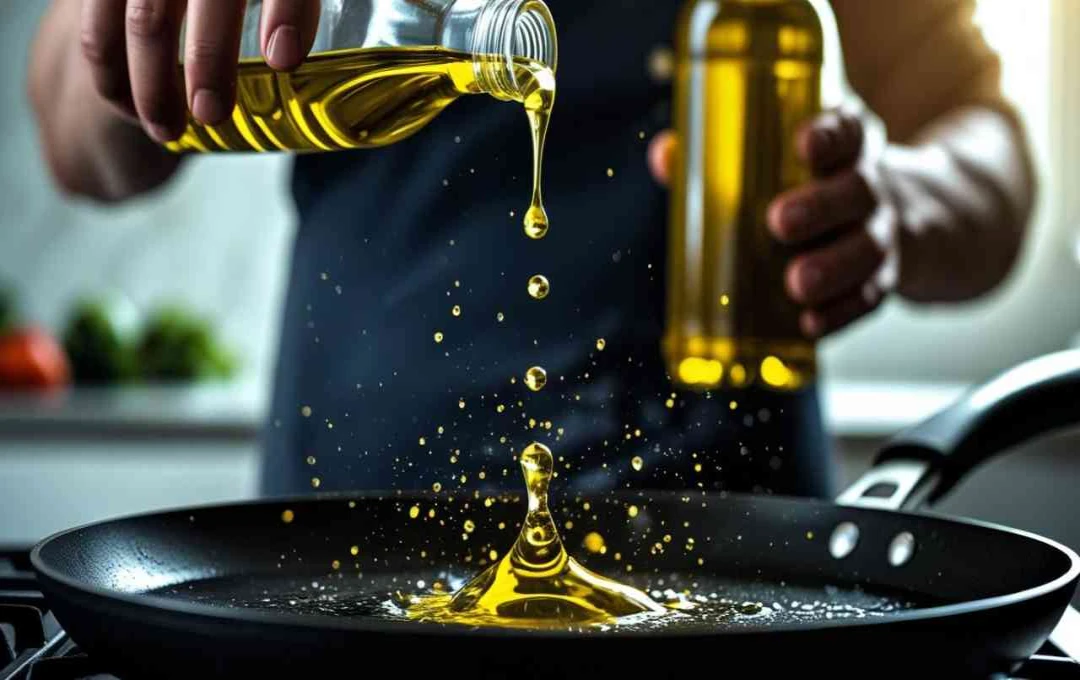The Indian government has reduced the basic customs duty on crude palm oil, soybean oil, and sunflower oil from 20% to 10%. This decision is expected to lower edible oil prices, providing relief to consumers grappling with inflation. The move is also anticipated to strengthen the domestic refining sector.
Government's Decision Brings Relief to Oil Prices
In response to the persistently high prices of edible oils, the government has taken significant action. The basic customs duty on crude palm oil, soybean oil, and sunflower oil has been reduced from 20% to 10%, effective May 31st. This change is expected to decrease edible oil prices, easing the burden on household budgets.
Increased Duty Differential Between Refined and Crude Oil
The government has not altered the customs duty on refined oil, which remains at 32.5%. However, the reduced import duty has widened the tariff gap between crude and refined oil to 19.25%. This is likely to impact refined oil imports and increase demand for crude oil.
Boost for the Domestic Refining Industry
Experts believe this government initiative will significantly benefit the domestic refining sector. It is expected to increase domestic oil production and reduce reliance on foreign imports. Sanjeev Asthana, President of the Solvent Extractors Association of India (SEA), stated that this decision, implemented at the opportune moment, will provide substantial advantages to the domestic industry.
India's Dependence on Oil Imports
India is the world's largest importer of edible oils. Approximately 50% of the country's total edible oil requirement is met through imports. Palm oil is primarily imported from Malaysia and Indonesia, while soybean oil comes from Brazil and Argentina. In the fiscal year 2023-24, India imported roughly 15.96 million tonnes of edible oil, valued at approximately ₹1.32 lakh crore.














